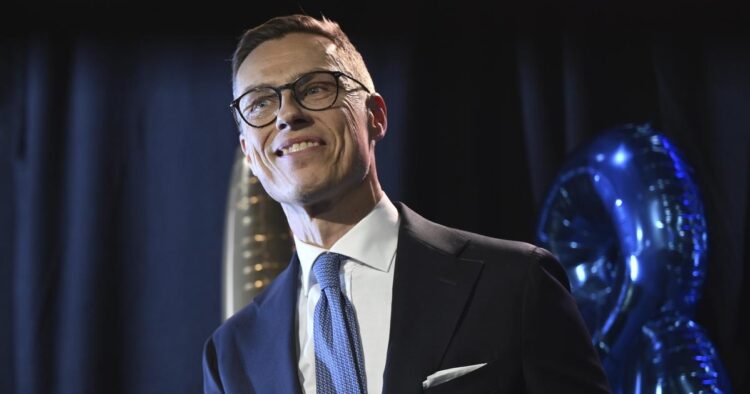In a closely watched election runoff, Alexander Stubb has clinched victory to become Finland’s next president. The race pitted Stubb, representing the centre-right National Coalition Party, against ex-Foreign Minister Pekka Haavisto. Stubb secured 51.6% of the vote, while Haavisto garnered 48.4%, according to the final count after all votes were tallied on Sunday.
The election drew significant turnout, with an initial 70.7% of eligible voters casting their ballots. Stubb, a former Prime Minister and seasoned politician, emerged as the frontrunner in the first round of voting held on January 28, securing 27.2% of the vote.
Haavisto gracefully accepted defeat after the state broadcaster YLE projected Stubb’s victory on Sunday night. At Helsinki City Hall, where candidates and the media gathered, Haavisto congratulated Stubb and wished him success in his new role.
“This has been a fair, great race,” Stubb remarked to Haavisto, acknowledging their competition. “I’m proud that I have been able to run with you in these elections. Thanks for a good race,” he added, expressing appreciation for his opponent’s participation.
The outcome of the election marks a significant shift for Finland, now a NATO member, as it enters a new era of foreign and security policy. Traditionally, Finnish presidents have prioritized diplomacy, especially with neighboring Russia, and avoided military alliances to maintain regional stability. However, following Russia’s invasion of Ukraine in 2022 and Finland’s subsequent NATO accession in 2023, the country’s stance has evolved.
The incoming president, succeeding Sauli Niinisto, will inherit the responsibility of navigating Finland’s relationship with NATO and formulating diplomatic and security strategies. Niinisto, who served two consecutive six-year terms, is renowned for his prior close ties to Russian President Vladimir Putin and has been dubbed “the Putin Whisperer.”
The new president will lead Finland’s diplomatic efforts in close coordination with the government and will serve as the head of state for the armed services. With Finland now under the security cover of the Western alliance, the role of the president in shaping the country’s policies and ensuring its security takes on added significance in the evolving geopolitical landscape.

















Comments